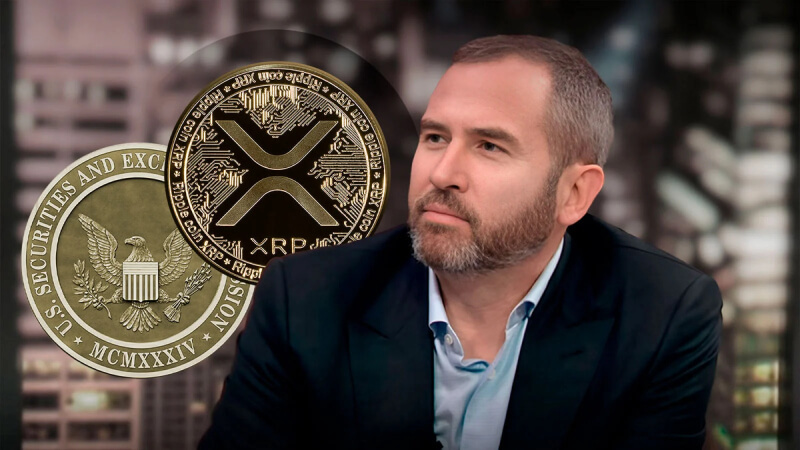- Ripple’s appeal centers on written briefs, not new trials, underscoring its paperwork-driven focus.
- Amicus briefs are expected to heavily influence judges, reflecting strong crypto community interest.
- Potential shifts in SEC leadership or new laws may impact Ripple’s case outcome and trajectory.
The ongoing legal battle between Ripple Labs and the U.S. Securities and Exchange Commission (SEC) has taken a turn, with legal experts shedding light on Ripple’s approach to winning its appeal against the regulatory body.
Attorney Fred Rispoli recently offered insights into Ripple’s strategy on the “Good Morning Crypto Show,” explaining that the appeal process will focus largely on written arguments rather than new evidence or court trials.
This paperwork-driven approach underscores the procedural nature of appeals, as each party will file three main documents: an opening brief, an opposition brief, and a reply brief.
An essential factor in the upcoming proceedings will be the role of amicus briefs, which are documents filed by third parties interested in providing additional context or insights relevant to the case.
Rispoli pointed out that while amicus briefs are more common in the U.S. Supreme Court, the frequency of these filings has increased in high-stakes crypto litigation.
The Ripple case saw 14 amicus briefs at the district court level, indicating strong interest and potential implications for the broader crypto community.
According to Rispoli, the Second Circuit Court overseeing Ripple’s appeal could place even greater weight on these briefs, potentially shaping the judges’ interpretations and influencing their final decision.
The SEC has recently requested to extend the filing deadline for its principal brief until January 15, 2025. Rispoli notes that such delays align with his timeline predictions, anticipating oral arguments in September or October 2025.
Rispoli also explained that the SEC’s request could stem from the agency’s significant caseload, which has reportedly stretched its resources thin.
Extensions within the Ninth Circuit Court are not uncommon, making it possible that the timeline for final judgment could shift further if additional requests are filed and approved.
The possibility of regulatory change could also impact the case’s trajectory. Rispoli has speculated that SEC Chair Gary Gensler may soon vacate his position, regardless of the outcome of the 2024 U.S. elections.
He suggests that this leadership transition could influence regulatory decisions concerning cryptocurrency. Although the SEC’s stance on crypto has remained strict under Gensler, new leadership could recalibrate the agency’s approach, potentially affecting Ripple’s appeal.






